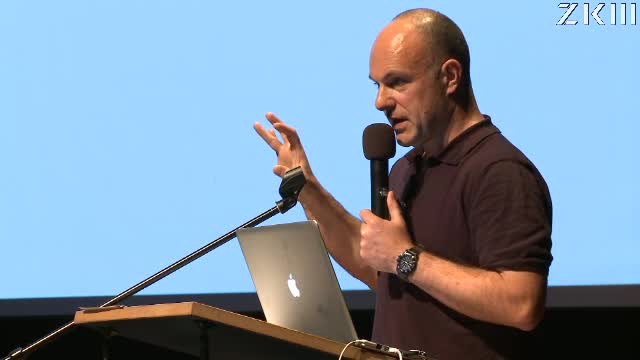John Marks: Deleuze’s Molecular Vision

- Date
- Duration
- 38:00
Description
Deleuze and Guattari's concept of the 'molecular' is not, as Eugene Thacker has recently remarked, necessarily about 'molecules' in a conventional scientific sense. Rather the concept is at the heart of a Deleuzian challenge to hierarchies of matter/form and molar/molecular. In A Thousand Plateaus the 'molecular' is synonymous with concepts of becoming, deterritorialisation and multiplicity. In practice, this means that Deleuze and Guattari challenge the genetic determinism that is often associated with molecular biology. When drawing on the work of Jacob and Monod, for example, they conceptualise the relationship between nucleic acids and proteins in terms of 'expression' and 'content'. The existence of what Deleuze and Guattari call a 'pure line of expression' (DNA) gives living organisms a high degree of deterritorialisation.
This 'molecular' vision is developed most fully in Deleuze's work on aesthetics, and in particular his work on music, literature and film. In all of this work Deleuze adopts a radically materialist perspective. As far as music is concerned, he suggests that it might be possible to move away from thinking in terms of a musical 'matter' on which 'form' is imposed (this would in turn imply a hierarchy of matter, life, and spirit). In short, the coupling of 'matter-form' might be replaced by 'matter-force'. In this way, certain kinds of music would be able to render audible forces that would otherwise be non-audible. Similarly, as far as literature is concerned, Deleuze's molecular perspective highlights the ways in which writing is capable of rendering impersonal affects, percepts and singularities. In the case of film, Deleuze's reading of Bergson's materialism leads him to propose a radical immanence of the image in matter.
